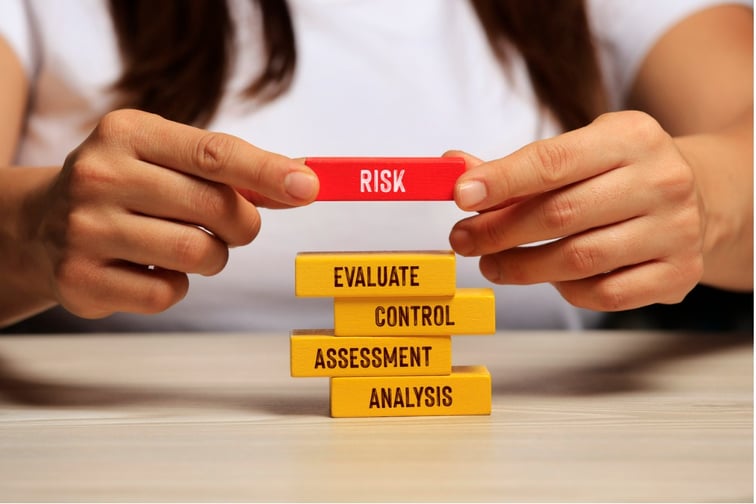

Pool Re, the UK’s terrorism reinsurance mutual, has agreed to provide funding for a research consortium aimed at developing protection against future systemic risks.
The newly formed consortium, spearheaded by the Cambridge Centre for Risk Studies (CCRS) at the Cambridge Judge Business School, is designed to support the creation and extension of private-public market institutions and the development of new risk transfer products and advisory services, including:
The research will also cover topics ranging from pandemics and climate change to cyber threats, geopolitical change, and financial crisis.
Read more: Pool Re taps academe in anti-terror efforts
“The COVID-19 pandemic triggered the deepest economic recession in our lifetime,” said Julian Enoizi, chief executive officer of Pool Re and chairman of the industry consortium. “Our policies, preparedness and financial responses require a significant overhaul if we are to better equip and protect society from the next major systemic risk that threatens our way of life.”
“The insurance industry is committed to coordinating and collaborating with the wider communities, and I am honoured to partner Pool Re Solutions with the Cambridge Centre for Risk Studies, which bring deep academic rigour to this new and expanding consortium,” he added.
Read more: Pool Re review makes call for evidence
The research consortium also plans to explore the design of new financial instruments and evaluate their benefits in terms of return on underwriting capital, consumer protection, and societal impacts.
CCRS is hoping that the research results will provide consortium members with the opportunity to collaborate with national and international public bodies to create policies focusing on risk reduction.
“Systemic resilience needs the foresight of systemic backstops to which capital markets can respond,” said Andrew Coburn, chief scientist at CCRS. “Modelling to support new financial instruments will be critical in addressing future crises.”
“We look forward to applying our world-class research techniques to test and develop many of the initiatives being proposed,” added Trevor Maynard, director of systemic risk research at CCRS. “This will advance our research on the causes, linkages, and protection mechanisms for future systemic threats to society and the economy.”
